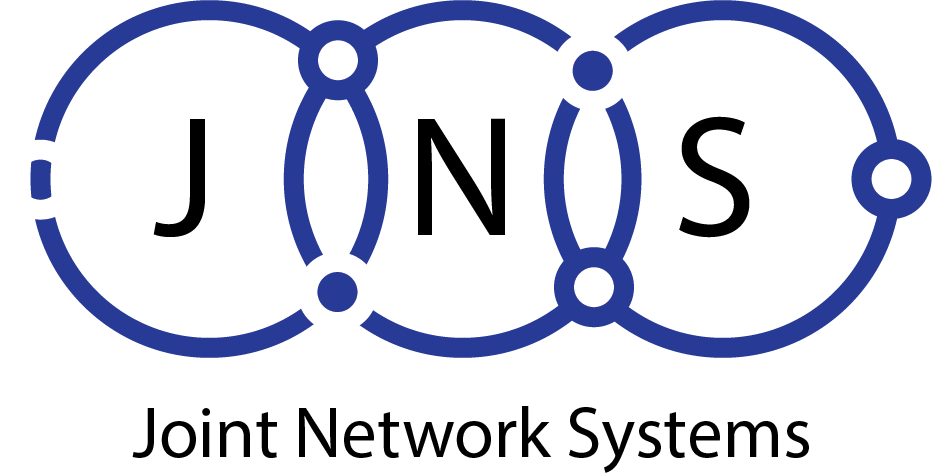
Google Bard
Google had to follow rules in order to launch Bard within the EU. Google had to deal with legal and regulatory challenges from the European Commission, as well as other authorities who were concerned over Bard’s possible impact on data privacy, competition, and intellectual property rights. Google had to prove that Bard met the strict EU rules and standards such as General Data Protection Regulation and Digital Services Act.
Google had to also make changes to Bard to its functionality and features in order to address the concerns raised by regulators. Google, for example, had to make sure that Bard didn’t generate content that was in violation of EU laws and values, like hate speech, defamation, or misinformation. Google had to give users more control and transparency over the way Bard uses their data, and let them opt out or delete it if they so desired.
Bard is an innovation in natural language generation, and it’s a testament to Google’s vision and innovation. It’s expected to revolutionize how people create, communicate and consume content. Bard is a smart assistant that also acts as a creative partner, inspiring and empowering users to express themselves.
Working with Regulators, or Navigating them?
Google still has to deal with the bloc’s privacy laws on generative AI, which are still unclear and evolving. European Lawmakers are still working on the AI Act, an all-encompassing legislation that will monitor, regulate, and oversee AI development across Europe.
The Irish Data Protection Commission (DPC) acts as Google’s main privacy regulator in the EU. According to the watchdog, it will maintain a close relationship with Google following the launch of Bard. That includes Google committing to a review and report that will be given to the DPC by mid October.
While there is no formal investigation in the pipeline, Bard will face regulatory scrutiny in the coming months. In fact, the European Data Protection Board (EDPB) already has a taskforce in place to investigate how AI chatbots function, handle data, and comply with the region’s General Data Protection Regulation (GDPR) laws. While the taskforce was formed to oversee OpenAI’s ChatGPT, its parameters are now expanding to include other chatbots, including Bard.
“Google have made a number of changes in advance of [Bard’s] launch, in particular increased transparency and changes to controls for users. We will be continuing our engagement with Google in relation to Bard post- launch and Google have agreed to carrying out a review and providing a report to the DPC after three months of Bard becoming operational in the EU,” said DPC deputy commissioner Graham Doyle, reported by TechCrunch.
The General Data Protection Regulation (GDPR) is a law that protects the privacy and personal data of EU citizens. It requires companies to obtain consent from users before collecting and processing their data, and to provide them with the right to access, correct, delete, or transfer their data.
Bard, and other chatbots powered by large language models such as ChatGPT and Microsoft Bing Chat, rely on massive amounts of data to generate responses. Some of this data may contain personal or sensitive information that could violate the GDPR if not handled properly.
Google Bard
Google had to follow rules in order to launch Bard within the EU. Google had to deal with legal and regulatory challenges from the European Commission, as well as other authorities who were concerned over Bard’s possible impact on data privacy, competition, and intellectual property rights. Google had to prove that Bard met the strict EU rules and standards such as General Data Protection Regulation and Digital Services Act.
Google had to also make changes to Bard to its functionality and features in order to address the concerns raised by regulators. Google, for example, had to make sure that Bard didn’t generate content that was in violation of EU laws and values, like hate speech, defamation, or misinformation. Google had to give users more control and transparency over the way Bard uses their data, and let them opt out or delete it if they so desired.
Bard is an innovation in natural language generation, and it’s a testament to Google’s vision and innovation. It’s expected to revolutionize how people create, communicate and consume content. Bard is a smart assistant that also acts as a creative partner, inspiring and empowering users to express themselves.
Working with Regulators, or Navigating them?
Google still has to deal with the bloc’s privacy laws on generative AI, which are still unclear and evolving. European Lawmakers are still working on the AI Act, an all-encompassing legislation that will monitor, regulate, and oversee AI development across Europe.
The Irish Data Protection Commission (DPC) acts as Google’s main privacy regulator in the EU. According to the watchdog, it will maintain a close relationship with Google following the launch of Bard. That includes Google committing to a review and report that will be given to the DPC by mid October.
While there is no formal investigation in the pipeline, Bard will face regulatory scrutiny in the coming months. In fact, the European Data Protection Board (EDPB) already has a taskforce in place to investigate how AI chatbots function, handle data, and comply with the region’s General Data Protection Regulation (GDPR) laws. While the taskforce was formed to oversee OpenAI’s ChatGPT, its parameters are now expanding to include other chatbots, including Bard.
“Google have made a number of changes in advance of [Bard’s] launch, in particular increased transparency and changes to controls for users. We will be continuing our engagement with Google in relation to Bard post- launch and Google have agreed to carrying out a review and providing a report to the DPC after three months of Bard becoming operational in the EU,” said DPC deputy commissioner Graham Doyle, reported by TechCrunch.
The General Data Protection Regulation (GDPR) is a law that protects the privacy and personal data of EU citizens. It requires companies to obtain consent from users before collecting and processing their data, and to provide them with the right to access, correct, delete, or transfer their data.
Bard, and other chatbots powered by large language models such as ChatGPT and Microsoft Bing Chat, rely on massive amounts of data to generate responses. Some of this data may contain personal or sensitive information that could violate the GDPR if not handled properly.


